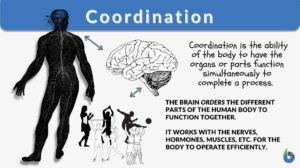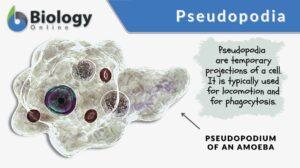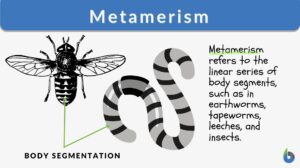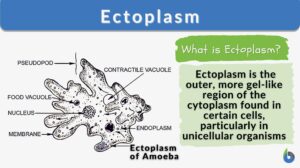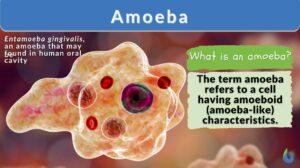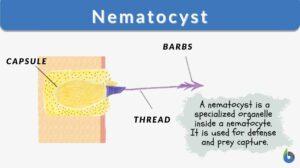Search Results for: locomotion
Arboreal locomotion
Definition noun A form of locomotion of animals that live in and move through trees Supplement Locomotion pertains to the... Read More
Locomotion
Definition noun The ability of cells or organisms to move and propel itself from place to place Supplement Locomotion in... Read More
Cell locomotion
Cell locomotion (Science: cell biology) movement of a cell from one place to... Read More
Coordination
Coordination Definition When a person hears the word coordination, they think of order, organization, or even managing... Read More
Pseudopodia
A pseudopodium (plural: pseudopodia) refers to the temporary projection of the cytoplasm of a eukaryotic cell. Pseudopodia... Read More
Metamerism
Metamerism Definition Metamerism is the repetition of homologous body segments. This type of development can be seen in the... Read More
Actions of Caffeine in the Brain with Special Reference to Factors That Contribute to Its Widespread Use
IV. Actions of Caffeine on Brain Functions and BehaviorHaving discussed the molecular and neuronal actions of caffeine,... Read More
Cytoskeleton
Definition noun plural: cytoskeletons cy·to·skel·e·ton (cell biology) The lattice or internal framework of a cell... Read More
Muscular system
Muscular System Definition What is the muscular system? The muscular system is a system that includes muscle cells and... Read More
Microfilament
Definition noun plural: microfilaments mi·cro·fil·a·ments, mī'krō-fil'ă-mĕnts A thin, helical, single-stranded... Read More
Microtubule
Microtubule Definition noun plural: microtubules mi·cro·tu·bule, mī'krō-tū'byūlA cytoplasmic tubule made up of... Read More
Intermediate filaments
Definition noun plural: intermediate filaments A type of cytoskeleton characterized by having a diameter ranging from 8... Read More
Centrosome
Centrosome Definition What is a centrosome? The centrosome is considered to be the main microtubule-organizing... Read More
Cell matrix
Definition noun plural: cell matrices cell ma·trix, ˈmeɪtɹɪks An insoluble, dynamic gel in the cytoplasm, believed... Read More
Intermediate filament
Definition noun plural: intermediate filaments A type of cytoskeleton characterized by having a diameter ranging from 8... Read More
Nematocyst
All organisms are composed of millions of cells. Many cells serve specific purposes and are specialized to do distinct... Read More
Muscle tissue
Definition noun, plural: muscle tissues An animal tissue capable of contracting, and therefore enables movement or tension... Read More
Locomotory
Locomotory --> locomotor (Science: anatomy) Of or pertaining to locomotion, pertaining to or affecting the locomotive... Read More
Involuntary muscle
A muscle act typically either under the control of the will or without conscious control. Muscles that can be controlled at... Read More
Insect Behavior
Insect Behavior Definition An insect behavior refers to the various actions of an insect in response to a stimulus or to... Read More
Skeletal muscle
Definition noun, plural: skeletal muscles A voluntary, striated (vertebrate) muscle that is associated with the skeleton,... Read More


